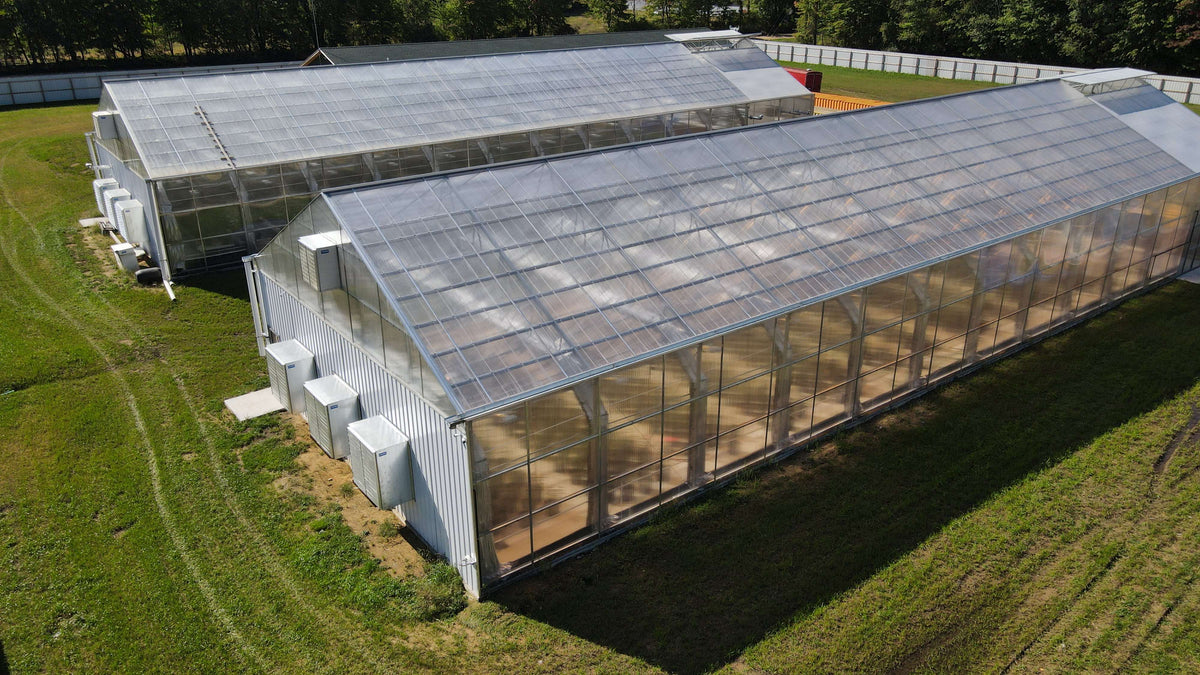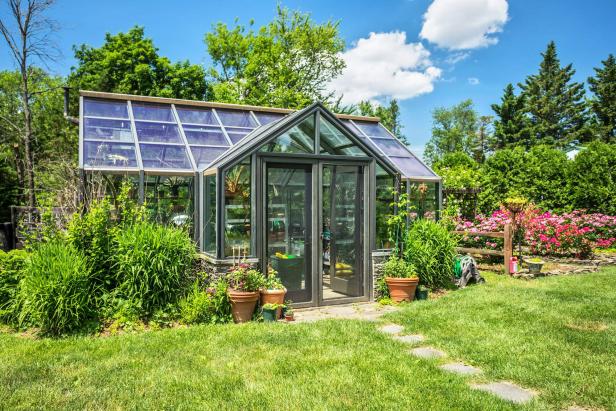Customized to Perfection: Monarch Custom Greenhouse Utah Craftsmanship
Greenhouse Farming: Making Best Use Of Plant Yields and Sustainability
With controlled settings and reduced water use, greenhouse farming offers the best solution for year-round manufacturing of fresh fruit and vegetables. Discover the advantages of greenhouse farming and begin reaping the benefits today!
Benefits of Greenhouse Farming
Are you wondering what makes greenhouse farming so helpful? Well, allow me tell you! One of the significant benefits of greenhouse farming is the ability to manage the setting in which crops are grown. With a greenhouse, you can adjust factors like moisture, light, and temperature to optimize plant growth. This indicates that you can expand crops throughout the year, despite the weather outside.
An additional benefit of greenhouse farming is the decrease in water use. Greenhouses are made to be water-efficient, with systems that recycle and record water, reducing wastefulness. This is specifically vital in locations where water shortage is a worry. By utilizing water more effectively, greenhouse farming helps to preserve this precious source.
Furthermore, greenhouse farming allows for far better insect and illness monitoring. With the regulated setting, it is less complicated to prevent and control the spread of parasites and diseases. This lowers the demand for unsafe chemicals, making greenhouse-grown crops safer and more eco-friendly.
Moreover, greenhouse farming offers protection versus extreme weather condition events. Plants grown in greenhouses are secured from hefty rainfall, solid winds, and hailstorms, which can damage or damage outdoor plants. Monarch Greenhouse Sheds Utah. This defense makes certain a more stable and dependable crop yield, even during unpredictable weather

Taking Full Advantage Of Plant Yields With Managed Settings
To take full advantage of crop returns in greenhouse farming, you can attain optimum results by controlling the environment. One of the vital benefits of greenhouse farming is the ability to regulate these ecological elements, allowing you to tailor them to the certain needs of each plant. By executing these regulated atmospheres, you can optimize plant yields and accomplish constant, premium produce throughout the year.
Promoting Sustainability Via Greenhouse Farming
Take full advantage of sustainability in greenhouse farming by carrying out efficient resource management methods. One vital element of promoting sustainability is the management of water use. By applying systems such as drip watering and recirculation, you can significantly minimize water wastage and make certain that every decrease matters. In addition, utilizing natural and naturally degradable materials for pest control and fertilizing can assist minimize environmental effect. Integrated Pest Management (IPM) methods, for instance, entail using beneficial bugs to control pests, reducing the demand for unsafe chemicals. Power usage can be lowered by utilizing sustainable energy resources, such as solar panels, to power greenhouse procedures. This not just reduces reliance on fossil fuels however also reduces greenhouse gas exhausts. Appropriate waste management is one more crucial aspect in promoting sustainability. Executing recycling and composting systems can minimize the amount of waste sent out to landfills while also offering nutrient-rich compost for plant growth. Including sustainable techniques in greenhouse layout, such as using energy-efficient products and maximizing natural lights, can even more enhance sustainability. By adopting these source management techniques, you can contribute to a more lasting future in greenhouse farming.
Decreasing Water Usage in Greenhouse Farming
By applying reliable water management strategies, you can significantly lower water usage in greenhouse farming. Water is scotts lawn fertilizer a vital source in agriculture, and preserving it not only benefits the setting yet likewise helps to maximize crop yields and productivity. One effective technique to decrease water usage is with using drip watering systems. These systems provide water straight to the plant's origins, decreasing evaporation and making sure that every decrease is made use of efficiently. In addition, monitoring and managing the humidity degrees inside the greenhouse can avoid unneeded water loss. By utilizing sensing anchor units and automated systems, you can adjust the air flow and watering as necessary, maximizing water usage based on the specific requirements of your crops. An additional approach is to catch and recycle rainwater. Gathering rain from the greenhouse roofing system and saving it in tanks allows you to supplement your irrigation needs without depending entirely on freshwater sources. Moreover, implementing mulching strategies can aid retain dirt dampness, decreasing the frequency of irrigation. Mulch serve as a barrier, preventing water dissipation and keeping the dirt cool and moist. By taking on these water-saving techniques, you can reduce water waste, save resources, and create a much more lasting future for greenhouse farming.
Year-Round Production of Fresh Generate in Greenhouses
You can achieve year-round production of fresh fruit and vegetables in greenhouses by executing reliable farming techniques. Greenhouses offer a regulated setting that enables you to grow plants regardless of the outside weather condition problems. One key strategy for year-round manufacturing is making use of man-made lights. By supplementing all-natural sunlight with artificial light, you can extend the expanding period and make certain consistent development throughout the year. Since they are energy-efficient and supply the best range of light for plant growth, led lights are frequently used in greenhouses. In addition, correct temperature control is critical for year-round production. Greenhouses can be equipped with heating and cooling down systems to maintain optimal temperatures for different plants. This makes sure that plants can grow also throughout the cooler months. One more important aspect is irrigation. By making use of innovative watering systems such as drip irrigation or hydroponics, you can successfully supply water to your plants while reducing waste. Ultimately, it is necessary to regularly keep track of and manage pests and conditions. Implementing integrated insect management methods and exercising great health will help safeguard your plants and maintain their health throughout the year. By carrying out these strategies, you can optimize the efficiency of your greenhouse and take pleasure in a steady supply of fresh create all year long.

Final Thought
In final thought, greenhouse farming provides countless benefits for maximizing crop yields and advertising sustainability. In addition, greenhouse farming allows for reduced water use, making it an ecologically friendly selection.
One of the significant benefits of greenhouse farming is the capacity to control the setting in which plants are expanded.To make the most of crop yields in greenhouse farming, you can accomplish ideal outcomes by managing the environment. One of the crucial benefits of greenhouse farming is the capacity to manage these torpedo grass ecological aspects, permitting you to tailor them to the certain needs of each crop.By executing efficient water monitoring methods, you can considerably reduce water usage in greenhouse farming.In conclusion, greenhouse farming gives various advantages for taking full advantage of crop returns and promoting sustainability.